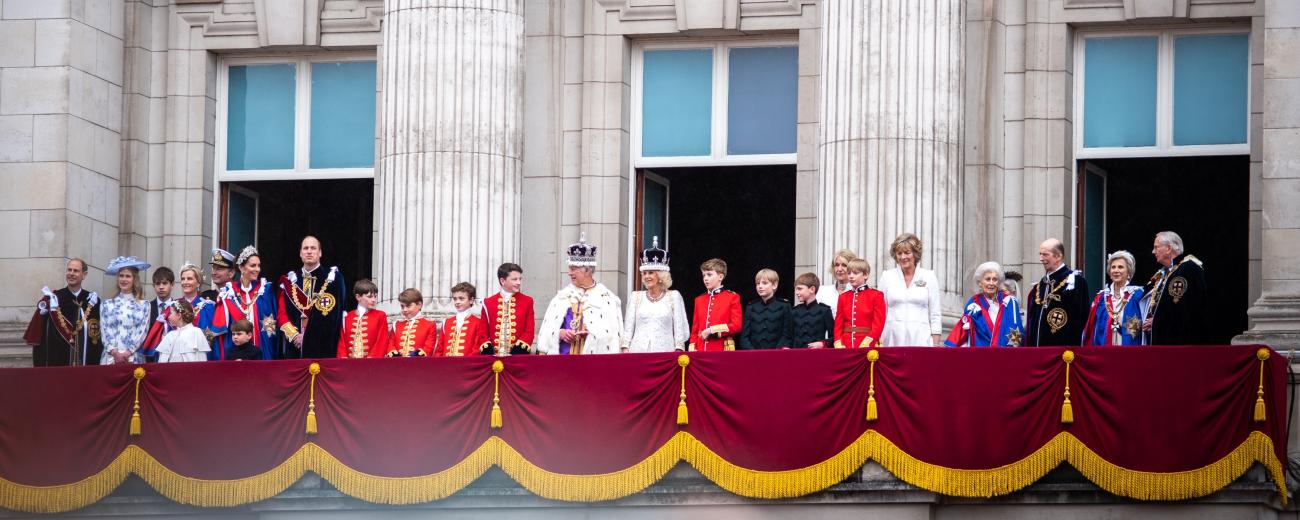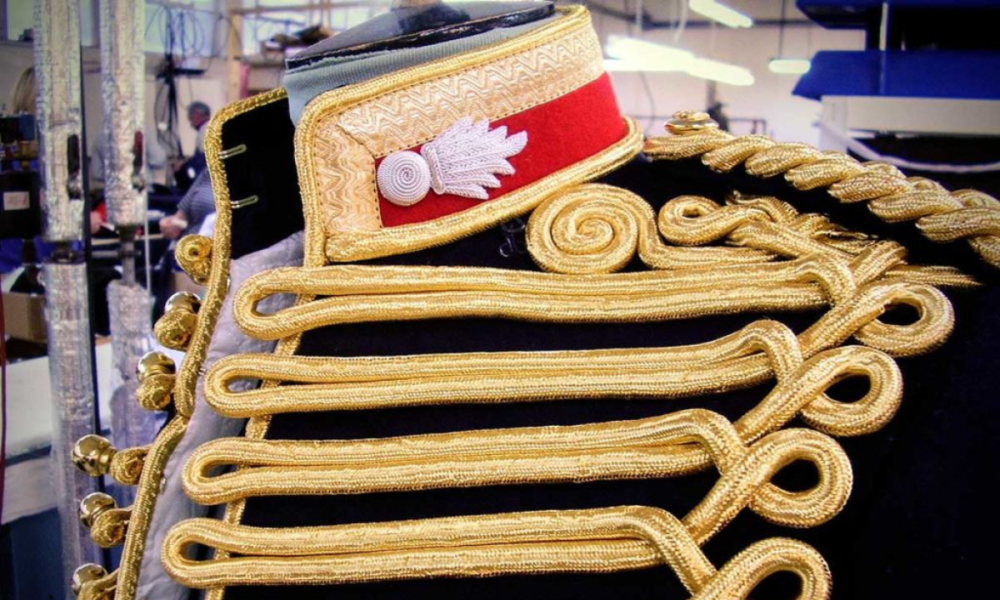From the Coronation to Succession, what are the benefits of family business?


The family business behind the Coronation outfits
When the Archbishop of Canterbury placed St Edwar’s Crown on King Charles III, it was reported that there were over 20 million viewings across 11 TV channels and services. Golden carriages, weighty robes of state and jewel-encrusted crowns, as well as other arcane traditions in this ceremony, have caught up the eyes of the public both in the UK and across the globe. As a mum with two young girls fascinated by the outfits and accessories in the ceremony, our comments about the Coronation diverted to something behind the scenes. Who’s the supplier of the ceremonial outfit? How could it be possible that the gloves of King George VI, the grandfather of King Charles III, still fit in this Coronation? To what extent do businesses benefit from this coronation ceremony, and how sustainable would they be? Keeping these questions in mind, I have a few thoughts to share as a business and management scholar.
The fact is the supplier of ceremonial outfits is a long-standing family business – the Kashket group, which owns Kashket & Partners and Firmin & Sons. The latter is the oldest manufacturing company in the UK, which was set up in 1655 in the days of Oliver Cromwell and has served every King and Queen since. Kashket & Partners, the Tottenham-based family business, is now in its fourth generation. The youngest Kashket, Nathan, 25, joined the family business when he was 16, as his father Russell, the current boss and master tailor, started aged 14. The same story goes for the Dents’ Worcester factory, which made the original gloves for the coronation of King George VI back in 1937 and lately refurbished for King Charles III. The history of this ongoing family-owned business can be traced back to 1777.
Succession and the potential longevity of family businesses
If you are following the HBO drama Succession, you may have the impression that family businesses are quite fragile, with lots of family disputes and succession rivalry. This aligns with conventional wisdom, relating old-fashioned, stagnant, and fragility to family businesses. In reality, as shown in this coronation event, family businesses can be quite long-standing and sustainable. In fact, compared with public firms, which must be responsible for shareholders’ expectations and hit performance targets, family businesses are likely to have a long-term orientation, thinking in terms of generations. Bernard, Russell and Nathan, the three generations of Kashket & Partners, all started to work at an early age, dedicated to the family businesses and sustained the history of craftmanship across centuries. Such a long-term mindset in running family businesses also helps them stay agile and resilient during turbulent and uncertain times. The pandemic has caused many closures of businesses, yet family ownership could divert their trajectories more internally and be more patient for their growth.
The opportunity and innovation of family businesses
Undoubtedly, all businesses need to survive and succeed in market competition. The fundamental difference between the survivors and exits is whether the companies can turn the opportunity into success. Opportunities can be exploited or explored and created. Family businesses also need to address this ambidexterity issue. Tushman and O’Reilly III (1996) are adamant that exploration and exploitation could be delivered simultaneously when integration and innovation with different uses of resources and capabilities are facilitated. Innovation in the context of family businesses is critical, as it paves the foundation for strong family and entrepreneurial objectives to work out side by side with one another. Innovation is also highlighted in young generations when family businesses are likely to be more diversified. While the Royal family embrace their royal conditions, family business embraces their dynasty building through opportunity exploitation and exploration, which is embroidered with innovative behaviour, from organisational structure to product innovation.
The competitive advantage of family ownership
As mentioned, family businesses could be more resilient in tough times. One of the attributing factors is that they are concerned about the well-being of employees and communities and planning for future businesses. In the case of Dents, the longest-serving staff member is 57 years, and quite a few have been working in the family business for over fifty years. Employee loyalty shows how committed and devoted employees are to the businesses. When employee loyalty is high, they are likely to work harder and are more enthusiastic about their roles, which undoubtedly positively impacts businesses. Other competitive advantages of family businesses could be in the heritage of family tradition and culture. Work ethics, trust with family members, and admiration for older generations add to the competitive advantage recipe. No doubt, drama is in place, but to have a sustainable family business, generations must decide what is to be kept from traditions and what parts of modernity need to be adopted - just as the new Monarch does.
About the author
Dr Huan Zou is a Reader in International Management at the SOAS School of Finance and Management. Her research focuses on international entrepreneurship, sustainable entrepreneurship, economic development and international business under climate change, internationalization of emerging economy firms, creative industry and firm growth.
Huan has published in high-ranking international business and entrepreneurship journals such as the Journal of World Business, Management International Review, International Journal of Small Business and International Marketing Review. She serves the editorial board of International Business Review, the official journal of EIBA.




